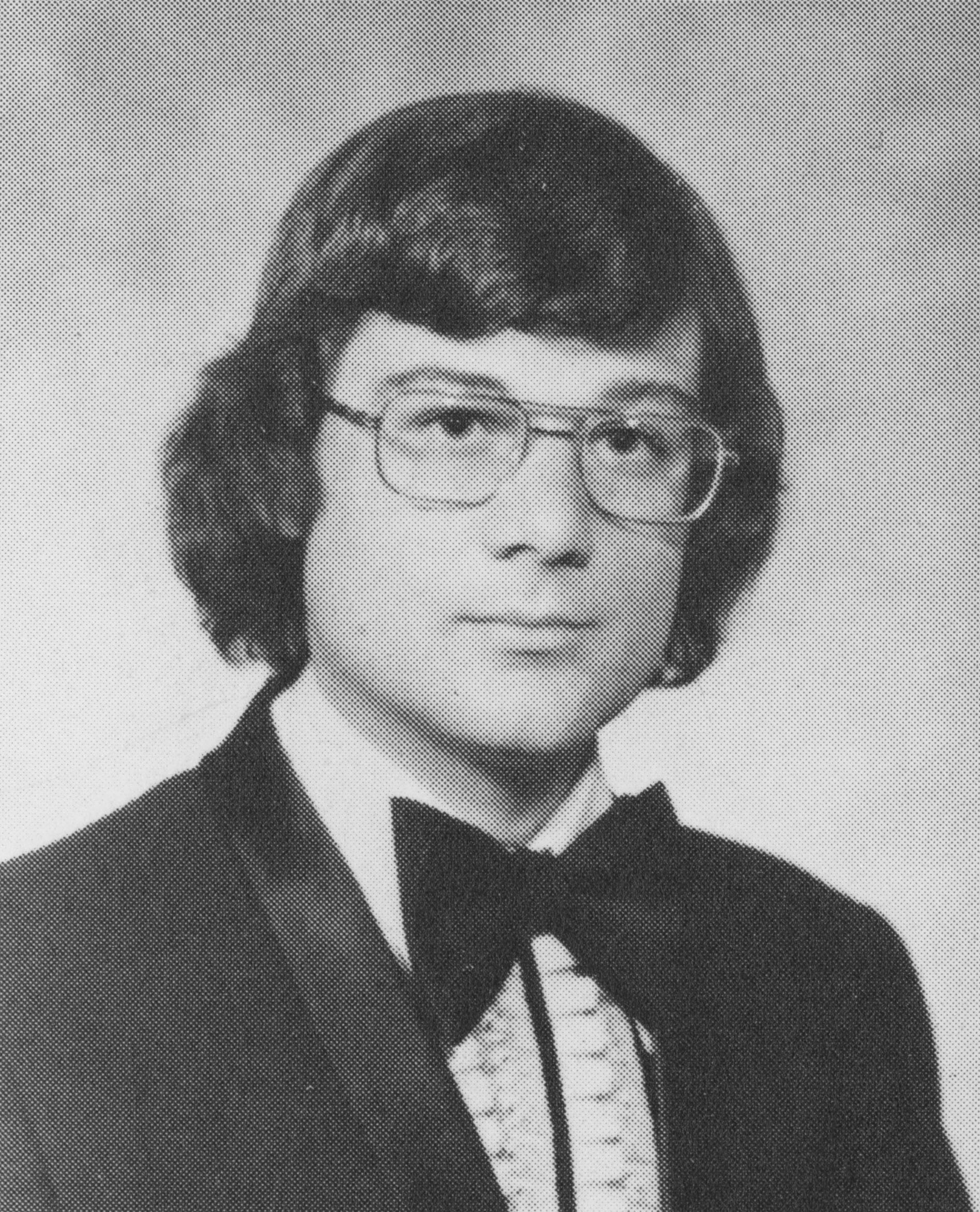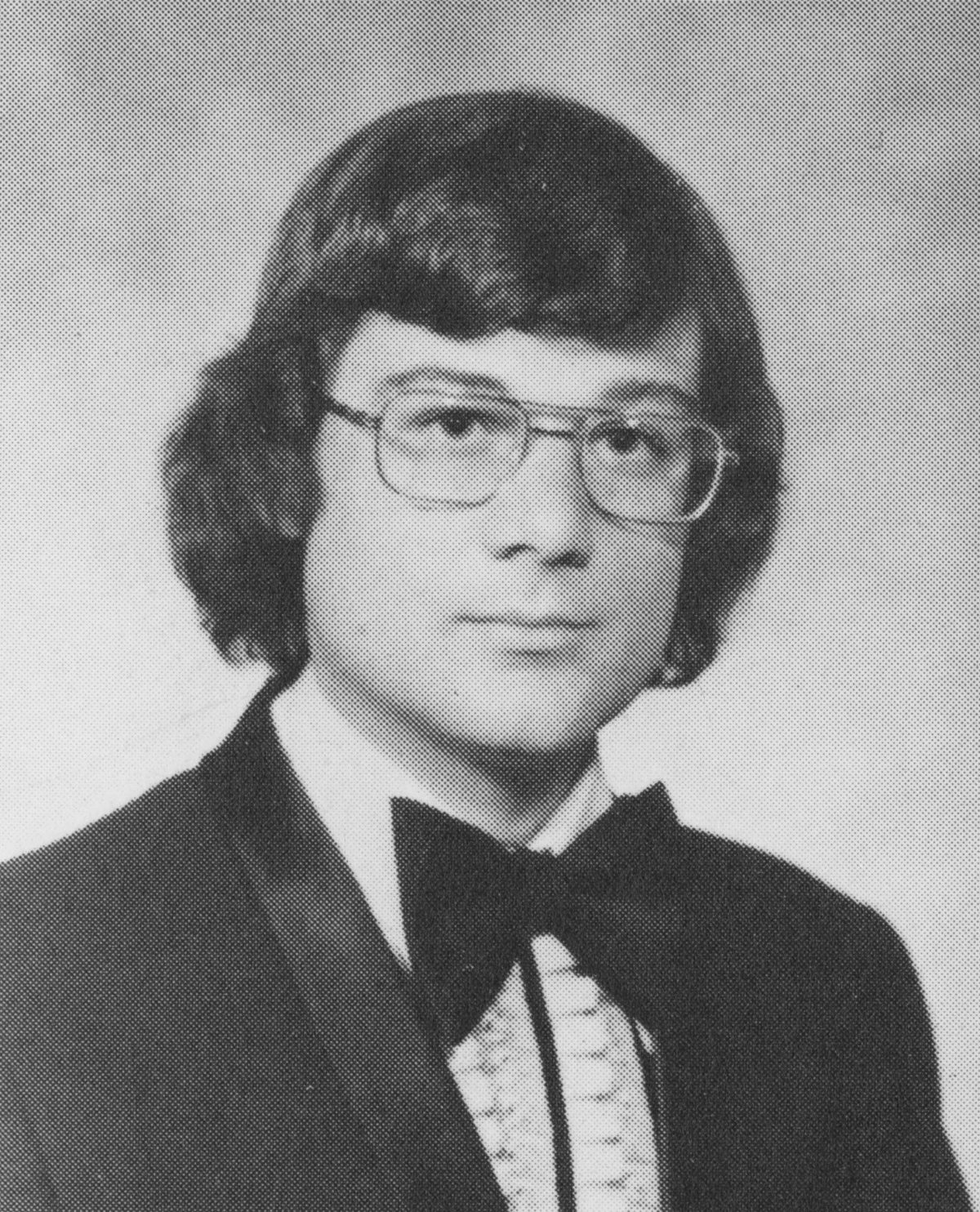
It is easy for us to view today’s version of Virginia Tech as a technologically advanced university that is particularly superior in the fields of science and math. Each day students utilize lab equipment and technology without considering what research and experimentation would be like without these devices. Nick Moga, Class of 1976, however, began his studies at Virginia Tech before the advancement of technology that we rely on so heavily today. He witnessed the journey of Virginia Tech, seeing changes in technological development, political unrest, and changes in leadership.
Growing up, Nick witnessed the nation’s triumphant endeavors to explore space and he saw himself as a member of a generation being challenged to progress the fields of exploration and technologies. Encouraged to push new boundaries, Nick appreciated the opportunities for research that Virginia Tech provided, so he enrolled as an Aerospace Engineering major. He then came to rely on faculty mentors to guide him through his coursework and undergraduate research. With their help, he excelled in his studies and became introduced to undergraduate work with data from the wind tunnel. During this work, he underwent the transition from manually marking data to computerizing data once the technology became available.
“It was living and breathing and hearing wonderful voices on the air about wonderful things we can do. I think you know John Kennedy challenged us to go there and challenged the generation to really move technology forward, so it was not just going into space, but everything in technology. It probably was the foundation for everything, a lot of the stuff we have from our cell phones to this recording device.”
Nick Moga
During his graduate studies and his work with the Naval Surface Weapons Center, Nick realized his interest in computers and he eventually began his own computer business around the time when personal computers were being introduced. At the start of his business, Nick supplied software to papermill companies and to close friends. His company quickly grew as he began supplying software to more and more people, and this growth eventually allowed him to meet contemporary up-and-comers in the field, such as Bill Gates, at conferences and presentations.
Nick was also involved in the social aspect of Virginia Tech. He joined Sigma Phi Epsilon, which led to his involvement in many other activities on campus. Through his fraternity he experienced intramural sports, service opportunities, and leadership opportunities within the Aerospace Engineering field. While Nick speaks to the adventurous social side of fraternities, mentioning experience with living in the fraternity house and participating in the start of streaking on campus, he also asserts the importance of the service and knowledge aspects of fraternities, listing opportunities he was given to give back to the community.
“They were on the first nationals on campus. They also were the first ones that had a no-hazing which I thought was kind of important. I didn’t really want to degrade myself in front of other people for whatever they did. And their pledge period was more or less about knowledge, learning about the fraternity, learning about the way to do things.”
Nick Moga
Participating in research and fraternity life allowed Nick to get a full experience at Virginia Tech. During his undergraduate years, he witnessed political protests and changes in leadership that ultimately led to big changes in the university.
“He had definitely grown the University. From the time I entered until the time I left it went from like 12,000 to 15 or 16,000 students, and so he had a vision of making this a true land grant institution, which I think he felt it wasn’t before. It was a small military school and that he was going to do those other things.”Nick Moga
As an employee at Tech years later, Nick notes the incredible changes that have taken place since the time of his attendance, such as the population size and the continued construction around campus. He also comments on the fact that even though technological advancements and overall development have changed the university, Virginia Tech still holds on to a spirit of community that encourages alumni involvement.
Share this Story
Full transcript and audio coming soon!
About this Story
Date Recorded: November 20, 2015
Interviewer: David Cline
Date Posted: March 1, 2017
Editor: Jessie Rogers

